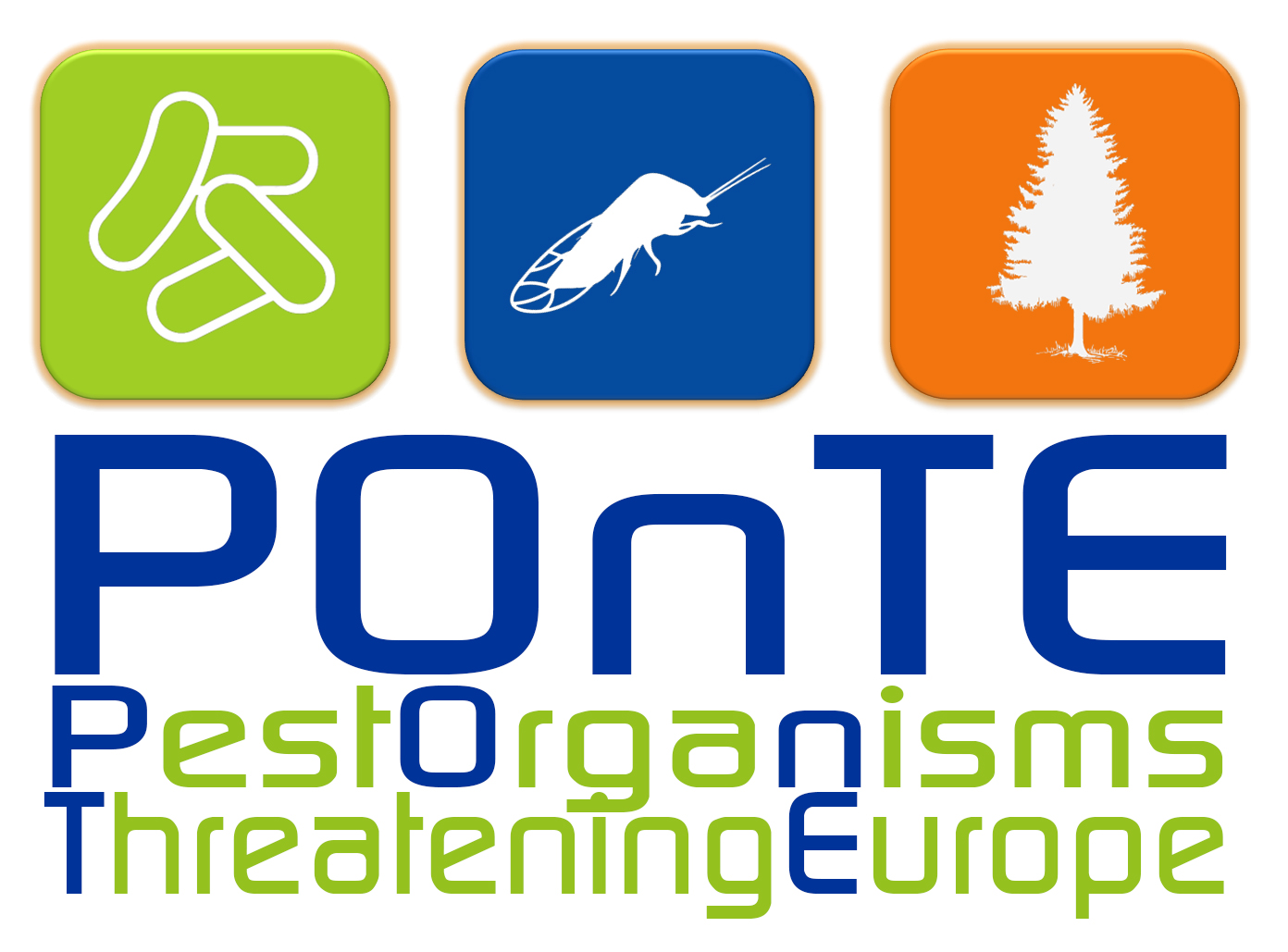NEWSLETTER | ISSUE 93 | July 15, 2019
POnTE NEWSLETTER | ISSUE 93 | July 15, 2019 is available at this link.
This author has not written his bio yet.
But we are proud to say that Staff contributed 525 entries already.
POnTE NEWSLETTER | ISSUE 93 | July 15, 2019 is available at this link.
The POnTE training course “The theoretical and practical training on the detection of Xylella fastidiosa and Candidatus Liberibacter solanacearum” was held at the University of Belgrade – Faculty of Agriculture (Serbia) from June 24 to June 26, 2019. The Training was organized through the EU H2020 funded project “Pest Organisms Threatening Europe”–POnTE, and was given […]
Nature Scientific Reports, 9(1), 8723 (2019). https://doi.org/10.1038/s41598-019-44997-4. Authors Annalisa Fierro 1 , Antonella Liccardo 2 , Francesco Porcelli 3 Affiliations 1 Consiglio Nazionale delle Ricerche (CNR) – Institute Superconductors, oxides and other innovative materials and devices (SPIN), Napoli, Italy. 2 Physics Department, Università degli Studi di Napoli “Federico II”, Napoli, Italy. Istituto Nazionale Fisica Nucleare […]
Published by FAO on behalf of the Secretariat of the International Plant Protection Convention (IPPC) Abstract This guide was created under the auspices of the IPPC Secretariat as a component of the IPPC National Phytosanitary Capacity Building Strategy, which was adopted by the fifth session of the Commission on Phytosanitary Measures (CPM) (2010) of the […]
POnTE NEWSLETTER | ISSUE 92 | May 21, 2019 is available at this link.
EFSA SUPPORTING PUBLICATIONS | Volume 16, Issue 5, May 2019 Authors Francesco Di Serio 1 , Nicola Bodino 2 , Vincenzo Cavalieri 1 , Stefano Demichelis 5, Michele Di Carolo 4, Crescenza Dongiovanni 4, Giulio Fumarola 4, Gianni Gilioli 7, Emilio Guerrieri 3, Ugo Picciotti 6, Elisa Plazio 2, Francesco Porcelli 6, Matteo Saladini 2, Martina […]
EFSA’s Plant Health Panel (PLH) has released an update of the Scientific Opinion on the risks to plant health posed by Xylella fastidiosa in the EU territory. This assessment provides new insights on controlling the threat in existing outbreaks and preventing further spread of the pathogen in the EU. EFSA used computer modelling to simulate […]
BIORXYV | https://doi.org/10.1094/PDIS-09-17-1381-PDN Authors Ahmed Hajri, Pascaline Cousseau-Suhard, Pascal Gentit and Marianne Loiseau Affiliation Plant Health Laboratory, ANSES, Angers, France Abstract ‘Candidatus Liberibacter solanacearum’ (Lso) has emerged as a serious threat on solanaceous and apiaceous crops worldwide. Five Lso haplotypes (LsoA, LsoB, LsoC, LsoD and LsoE) have been identified so far. To decipher genetic relationships […]
Along with the loss of millions of olive trees across the Apulian region (Southern Italy), the introduction and relentless spread of Xylella fastidiosa caused a serious socio-cultural problem: mistrust in science and scientists involved in the research of the fastidious bacterium fomented by a consistent part of the civil society. Nowadays, a considerable number of […]
As a high profile pest, Xylella fastidiosa has mobilised important national, European and international resources in the last years. Within this context, the Euphresco network has recently released the final report of the Project 2015-F-146 ‘Harmonized protocol for monitoring and detection of Xylella fastidiosa in its host plants and its vectors (PROMODE)‘. This operational synergy […]
We may request cookies to be set on your device. We use cookies to let us know when you visit our websites, how you interact with us, to enrich your user experience, and to customize your relationship with our website.
Click on the different category headings to find out more. You can also change some of your preferences. Note that blocking some types of cookies may impact your experience on our websites and the services we are able to offer.
These cookies are strictly necessary to provide you with services available through our website and to use some of its features.
Because these cookies are strictly necessary to deliver the website, refusing them will have impact how our site functions. You always can block or delete cookies by changing your browser settings and force blocking all cookies on this website. But this will always prompt you to accept/refuse cookies when revisiting our site.
We fully respect if you want to refuse cookies but to avoid asking you again and again kindly allow us to store a cookie for that. You are free to opt out any time or opt in for other cookies to get a better experience. If you refuse cookies we will remove all set cookies in our domain.
We provide you with a list of stored cookies on your computer in our domain so you can check what we stored. Due to security reasons we are not able to show or modify cookies from other domains. You can check these in your browser security settings.
These cookies collect information that is used either in aggregate form to help us understand how our website is being used or how effective our marketing campaigns are, or to help us customize our website and application for you in order to enhance your experience.
If you do not want that we track your visit to our site you can disable tracking in your browser here:
We also use different external services like Google Webfonts, Google Maps, and external Video providers. Since these providers may collect personal data like your IP address we allow you to block them here. Please be aware that this might heavily reduce the functionality and appearance of our site. Changes will take effect once you reload the page.
Google Webfont Settings:
Google Map Settings:
Google reCaptcha Settings:
Vimeo and Youtube video embeds:
The following cookies are also needed - You can choose if you want to allow them:
You can read about our cookies and privacy settings in detail on our Privacy Policy Page.
Privacy Policy